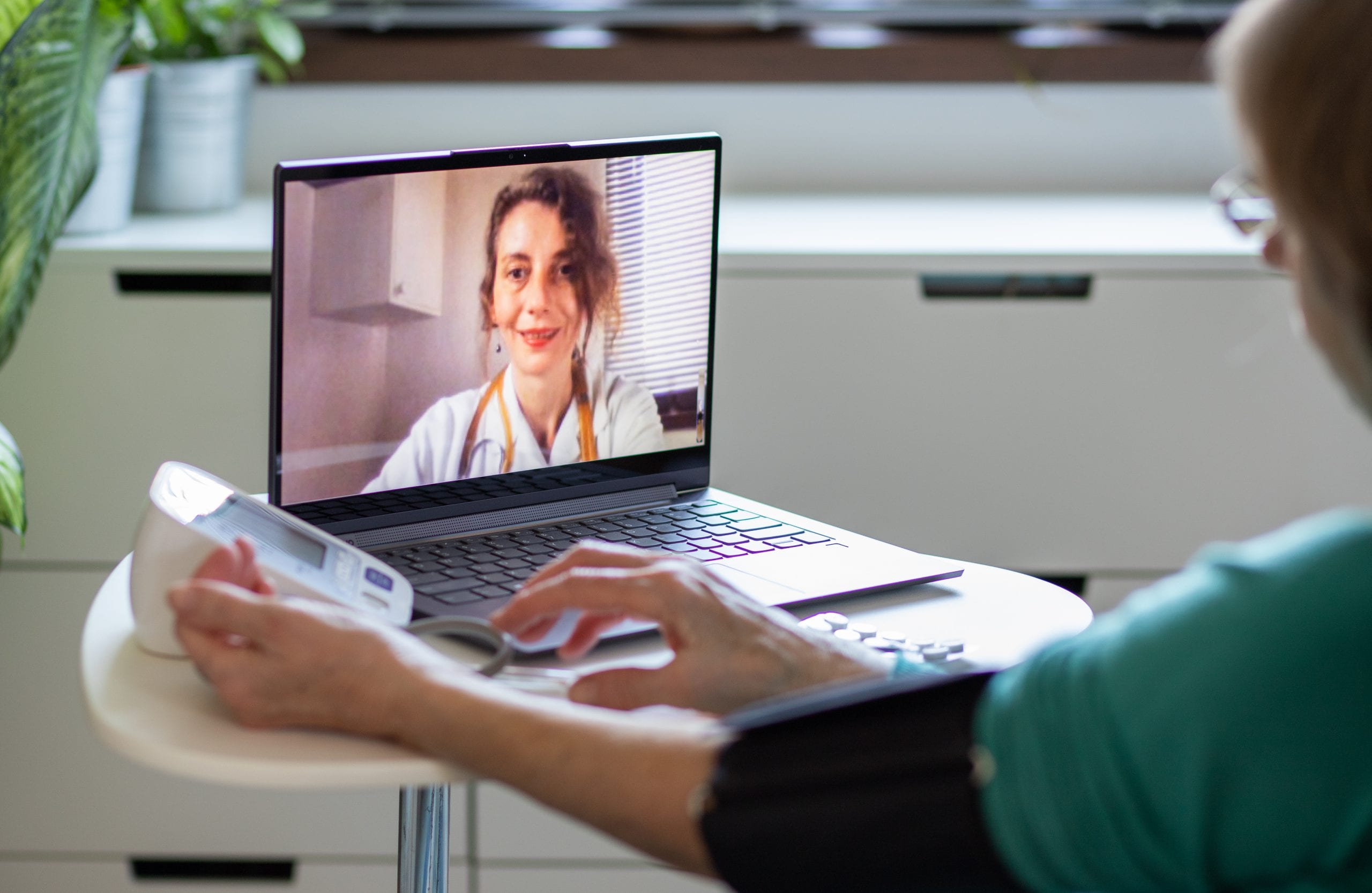A study published in Lancet Global Health has revealed that online consultations, or telemedicine, can significantly improve healthcare access in Nigeria and Tanzania when combined with proper training and financial support.
The trial, known as ReaCH, focused on a training program for delivering remote healthcare services in Oyo state, Nigeria, and Morogoro Region, Tanzania. It found that online consultations were effective in enhancing access to healthcare for individuals with diabetes, hypertension, and respiratory conditions without compromising patient safety or the reliability of these consultations.
During the height of the COVID-19 pandemic, high-income countries quickly shifted from physical, face-to-face consultations to online alternatives. However, middle- and low-income countries faced several challenges in implementing online consultations, including network issues, a lack of internet-enabled phones, especially in rural areas, inadequate training, and the absence of electronic health records.
The ReaCH trial demonstrated that these barriers can be overcome, making telemedicine a viable solution to enhance healthcare access.
Key Research Data:
- The trial encompassed 40 clusters, with 20 clusters in each of the two locations: Oyo state, Nigeria, and Morogoro Region, Tanzania.
- In Nigeria, 35 urban and peri-urban primary healthcare facilities in Ibadan, Oyo state, were part of the trial, offering publicly funded consultations. Prescribed drugs were purchased at commercial pharmacy shops.
- In Tanzania, primary healthcare facilities were a mix of public, faith-based, and private, where patients paid for consultations unless they were exempt or insured.
Hypertension was the most prevalent condition observed.
Result:
- The study did not find evidence of any significant changes in the face-to-face consultation rate.
- However, the online consultation rate increased by a substantial margin.
Nigeria:
- Face-to-face consulting rate: 1.06
- Online consulting rate: 4.44
Tanzania:
- Face-to-face consulting rate: 0.94
- Online consulting rate: 1.17
There was no discernible difference in prescribing rates, investigation rates, or trustworthiness scores between the two consultation methods.
Comment by Professor Akinyinka Omigbodun, UCH, the Lead Investigator: “Both healthcare workers and patients found much to appreciate in virtual consultations.” “Health workers reported that they could attend to more patients without experiencing overcrowding in clinics.” “Patients, particularly traders or market women, were delighted that they no longer had to leave their shops or market stalls to consult with their healthcare providers, thus increasing their earnings.”
Significance:
- Telemedicine, including online consultations, should be endorsed through nationally standardized training programs that can be delivered online.
- Telemedicine should be integrated into national strategies for achieving universal healthcare and safeguarding public health.
- Addressing the accessibility of airtime and data packages should be a key component of implementing online consultations.




